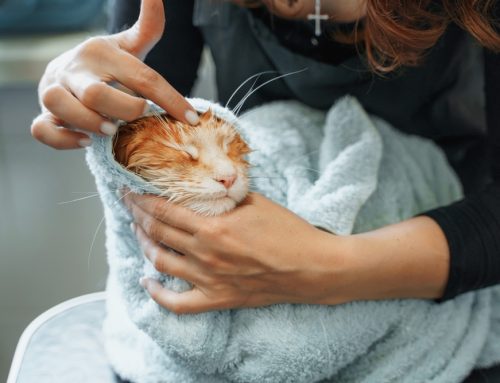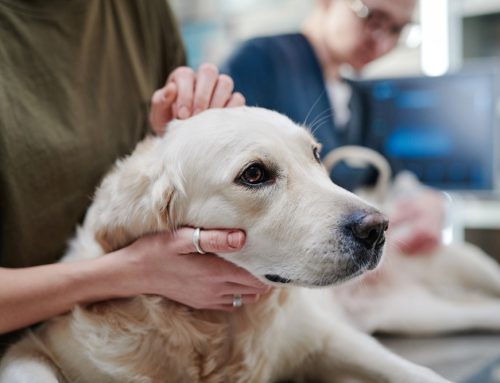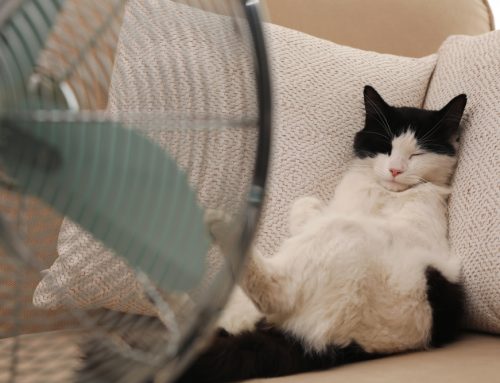When your pet is hurt or distressed, whether from an accident or sudden illness, knowing where to turn for prompt veterinary care is critical. Also, do you need to take them to an emergency or urgent care clinic? By understanding the differences, you can mitigate what would happen if you had to guess the outcome and wait for long periods.
Emergency and urgent veterinary care are distinctly different. Our Lebanon Animal Hospital team explains the differences, so you can ensure your pet receives the appropriate treatment at the appropriate facility as fast as possible.
Defining veterinary emergency care
Veterinary emergency services are designed to handle critical situations where your pet must receive immediate attention to prevent serious complications or save their life. Key features of veterinary emergency services include:
- Open availability — Pet emergencies do not always occur during veterinary business hours. Veterinary emergency clinics operate around the clock, including weekends and holidays, to care for your pet whenever needed. This sets them apart from regular veterinary clinics, which are usually open only during specific business hours.
- Specialized equipment and professionals — Emergency facilities are staffed by emergency medicine and surgery specialists and have advanced diagnostic tools, surgical suites, and intensive care units at their disposal, and can successfully care for most pet emergencies. These facilities also offer advanced care, such as oxygen therapy, heart monitoring, and nutritional support, and most also are equipped with onsite ultrasound, echocardiogram, and digital radiography for fast, accurate diagnoses.
- Prompt treatment — Pets brought to emergency clinics are typically seen promptly on arrival, with immediate stabilization and intervention as necessary, compared with urgent care clinics that may keep your pet waiting a long time, depending on their caseload.
- Higher costs — Emergency veterinary hospitals offer many benefits—at a cost. They typically charge more, although this is reasonable given their specialized training and the nature of emergency care.
An overview of pet urgent care
Pet urgent care services cater to non-life-threatening, but still concerning, situations where pets require prompt attention and treatment. Special features of pet urgent care facilities include:
- Extended hours — While not necessarily a round-the-clock facility, pet urgent care clinics offer extended hours and provide care during evenings and weekends when regular veterinary clinics are usually closed. Lebanon Animal Hospital can accommodate you and your pet, so you can first call us about your pet’s medical condition.
- Specialization — Pet urgent care clinics usually do not have such specialized equipment or technologies as emergency clinics, but they are equipped to handle many critical medical issues. Urgent care veterinarians have the knowledge and expertise to treat non-life-threatening medical conditions.
- Lower costs — Compared with emergency services, pet urgent care is more affordable, because these facilities primarily deal with less critical cases that don’t require the same level of intensive intervention or hospitalization. Many pets with acute health conditions can be diagnosed and treated the same day, under one roof.
Emergencies versus urgent pet medical issues

Whenever you’re unsure about the severity of your pet’s condition, err on the side of caution and seek professional veterinary advice. However, you need to be able to recognize what constitutes an emergency or urgent case to get your pet the appropriate care.
Common pet emergencies include:
- Traumatic injuries (e.g., fall from a height, hit by a car)
- Profuse bleeding
- Difficulty breathing or choking
- Ingestion of poisonous substance
- Persistent diarrhea or vomiting
- Heatstroke or hypothermia
- Seizure
- Pancreatitis
- Bowel obstruction or straining to urinate
- Anaphylaxis (i.e., severe allergic reaction)
- Birthing difficulty
- Sudden lameness
- Wild animal attack or venomous snake bite
- Unconsciousness
Urgent care facilities treat veterinary emergencies that are not life-threatening, but need treatment when your regular veterinarian cannot see them quickly. Examples include:
- Minor wounds and cuts
- A limp
- Minor injuries from cat or dog fights
- Occasional vomiting or diarrhea
- Hair loss
- Skin issues
- Loss of appetite
- Ear infections
- Minor eye irritations
- Runny nose, coughing, or sneezing
By understanding the differences between veterinary emergency services and pet urgent care, you can make informed decisions and ensure your pet receives timely care. Our Lebanon Animal Hospital team understands that your pet’s unexpected injury or illness can be scary, but you can always contact our team when you are unsure where your pet can get the best help.








Leave A Comment